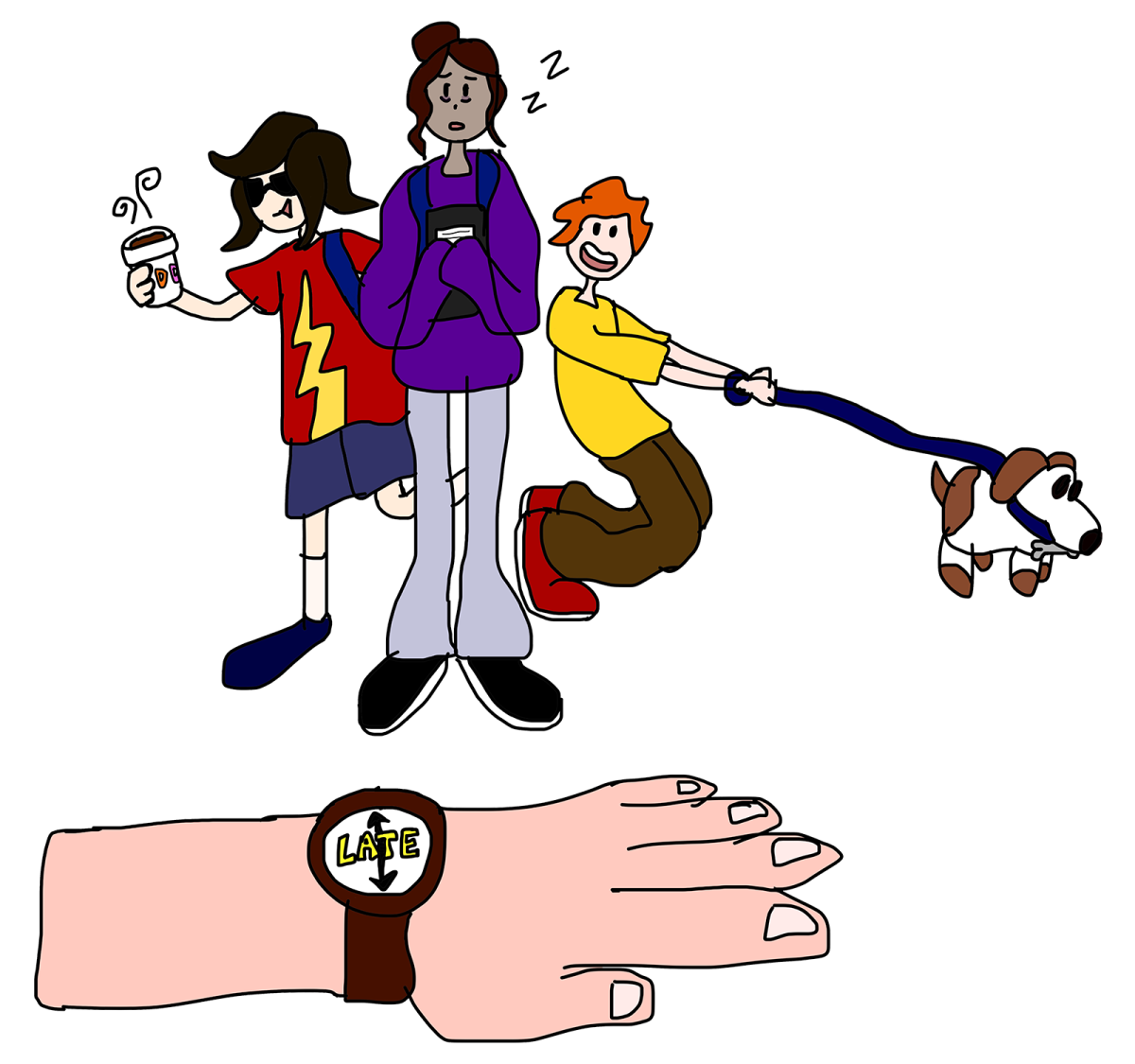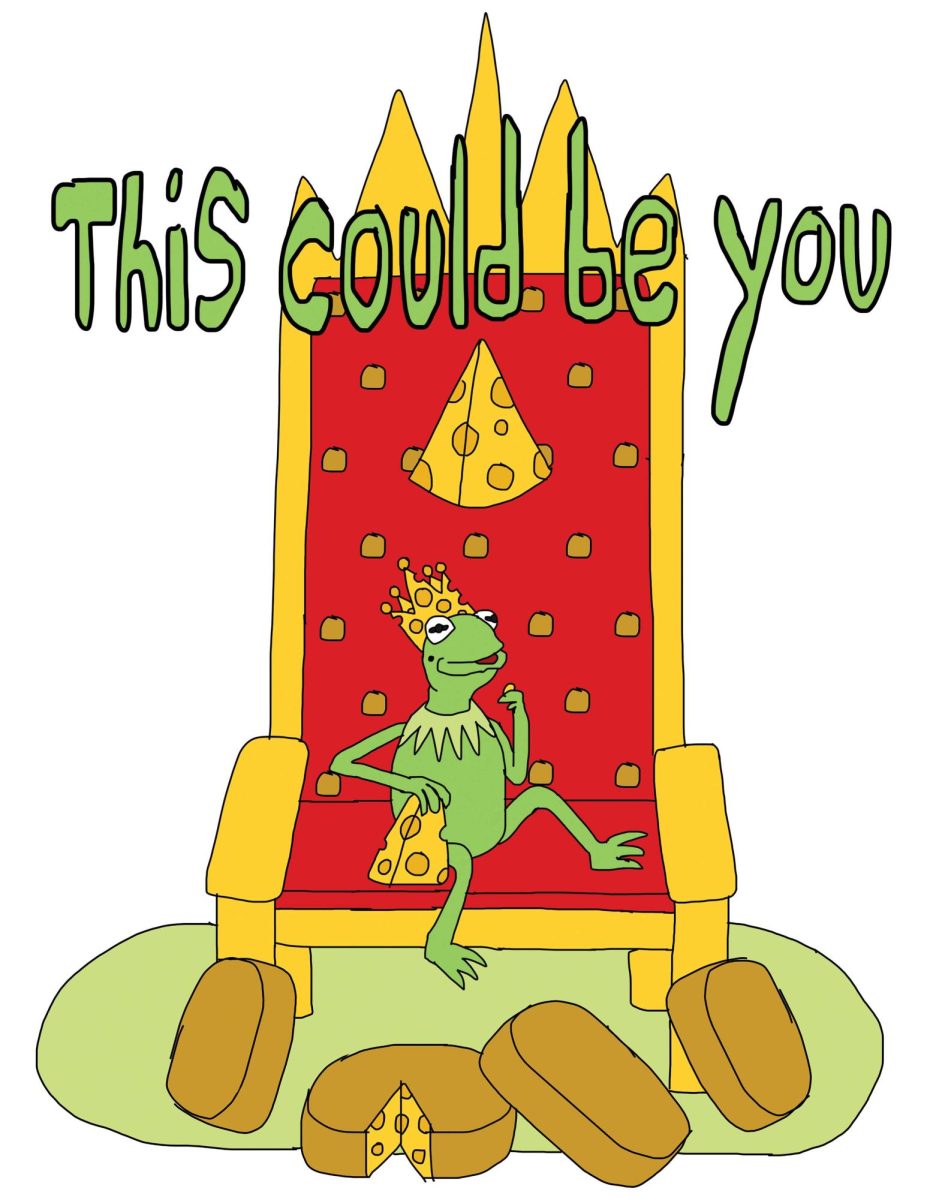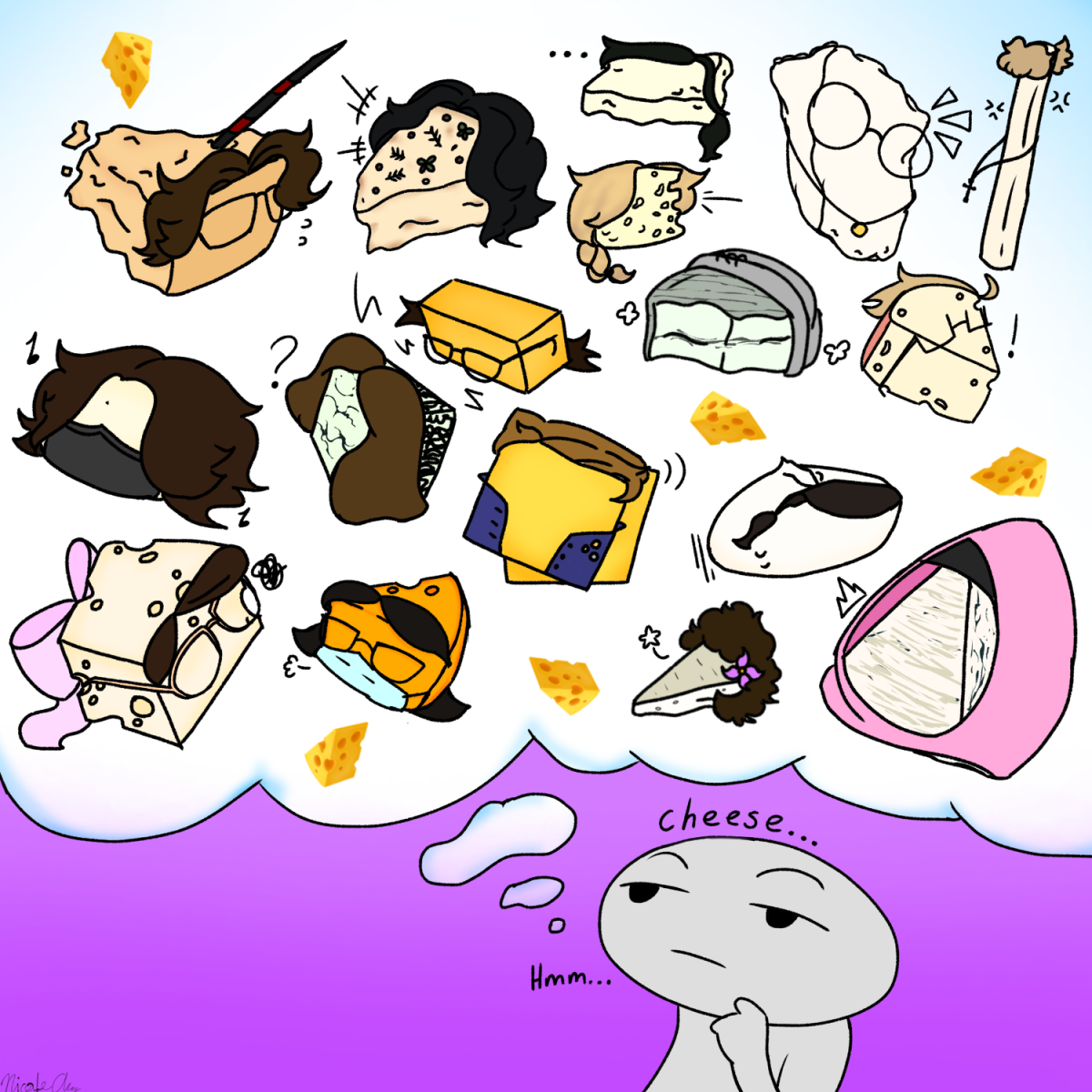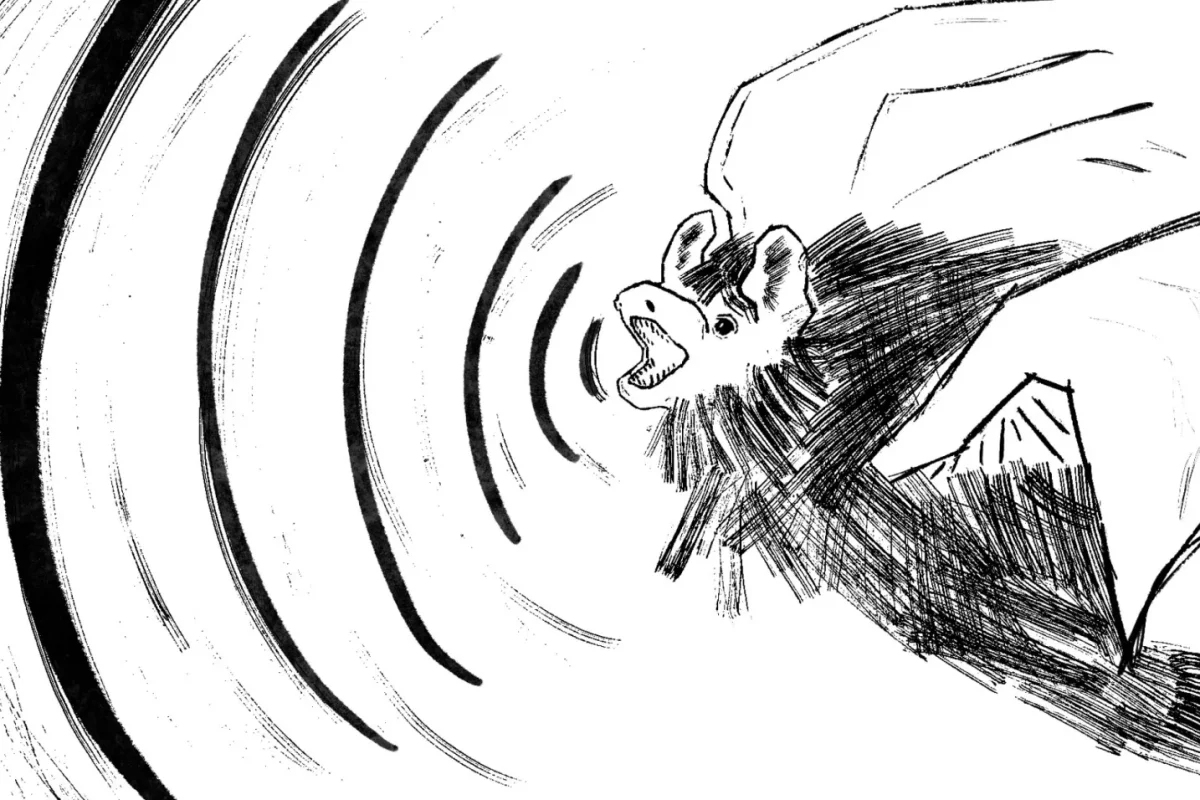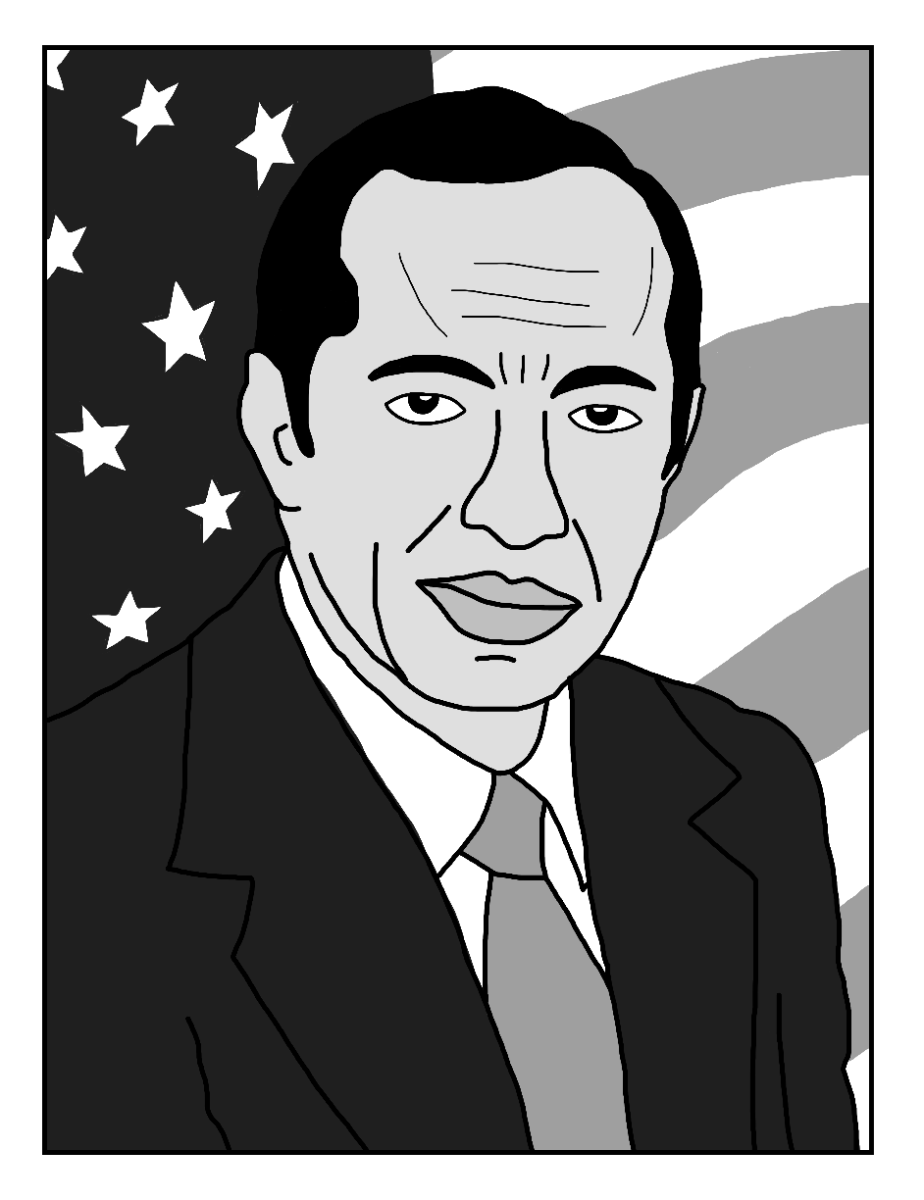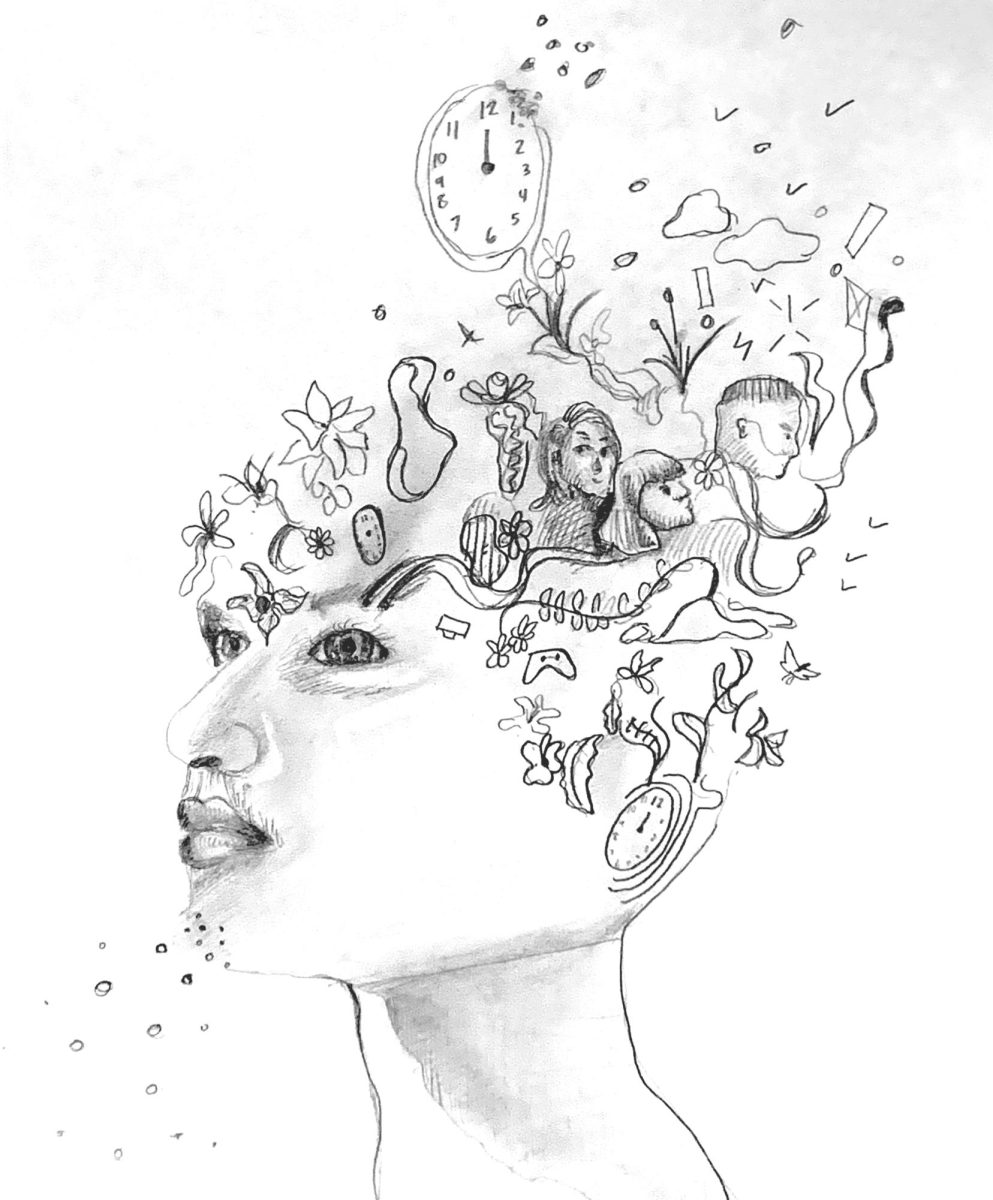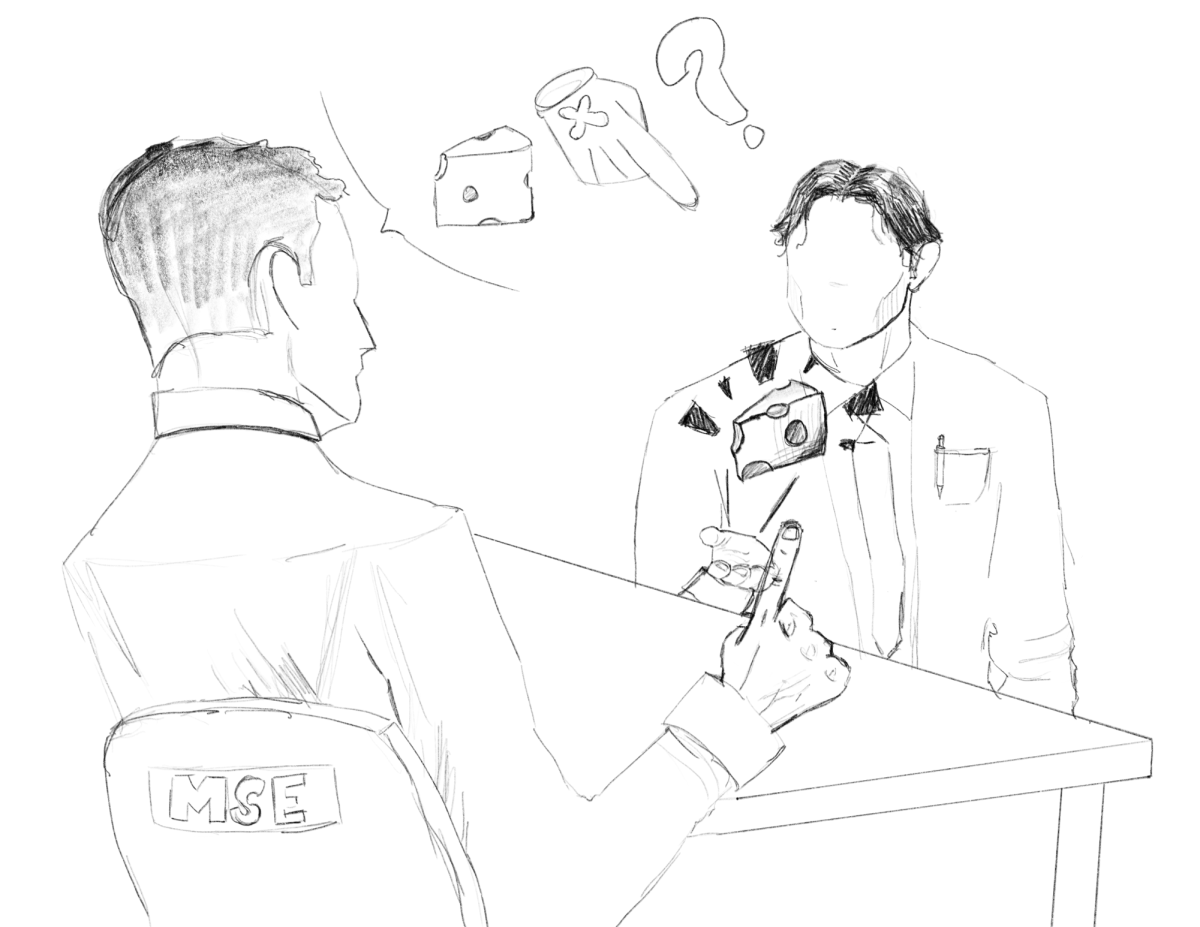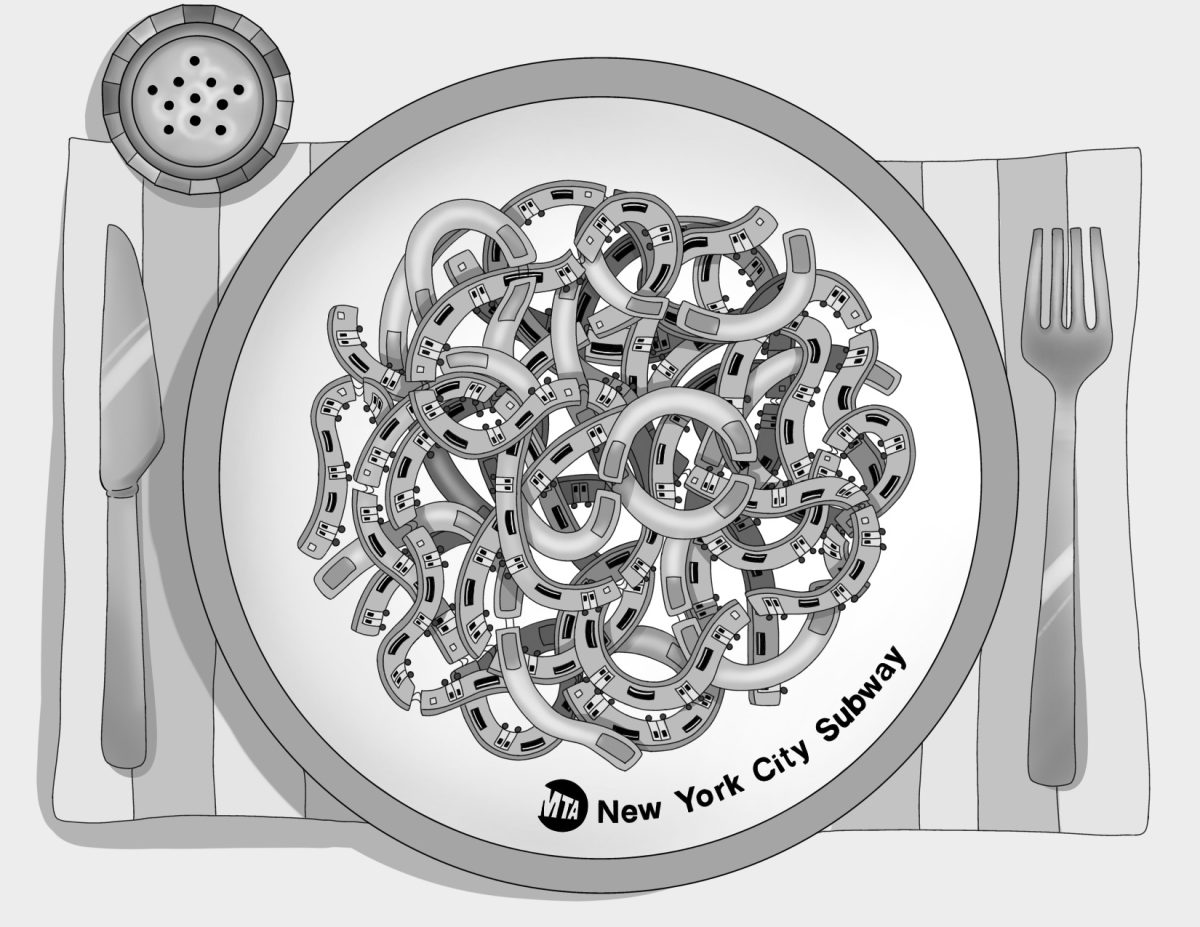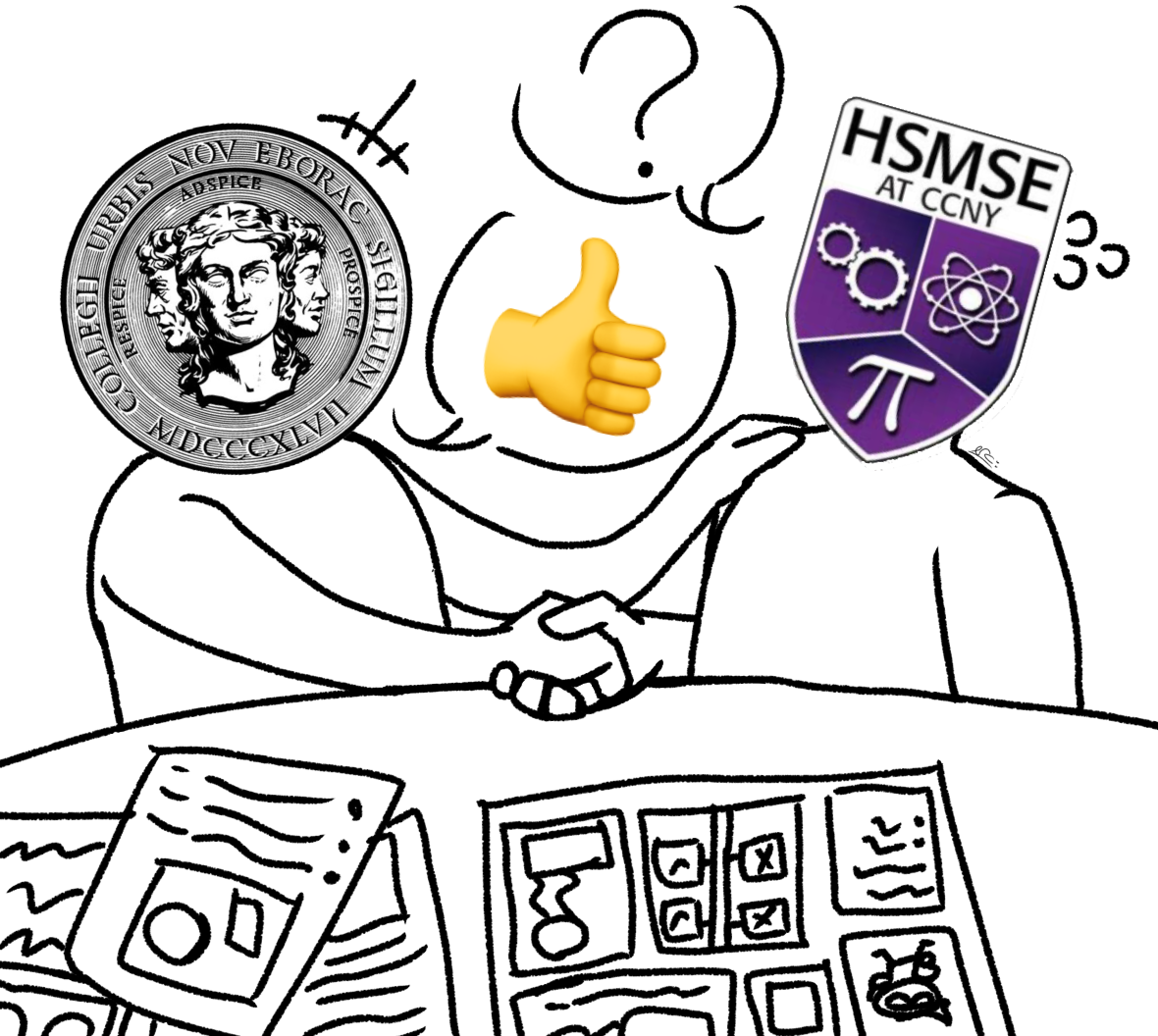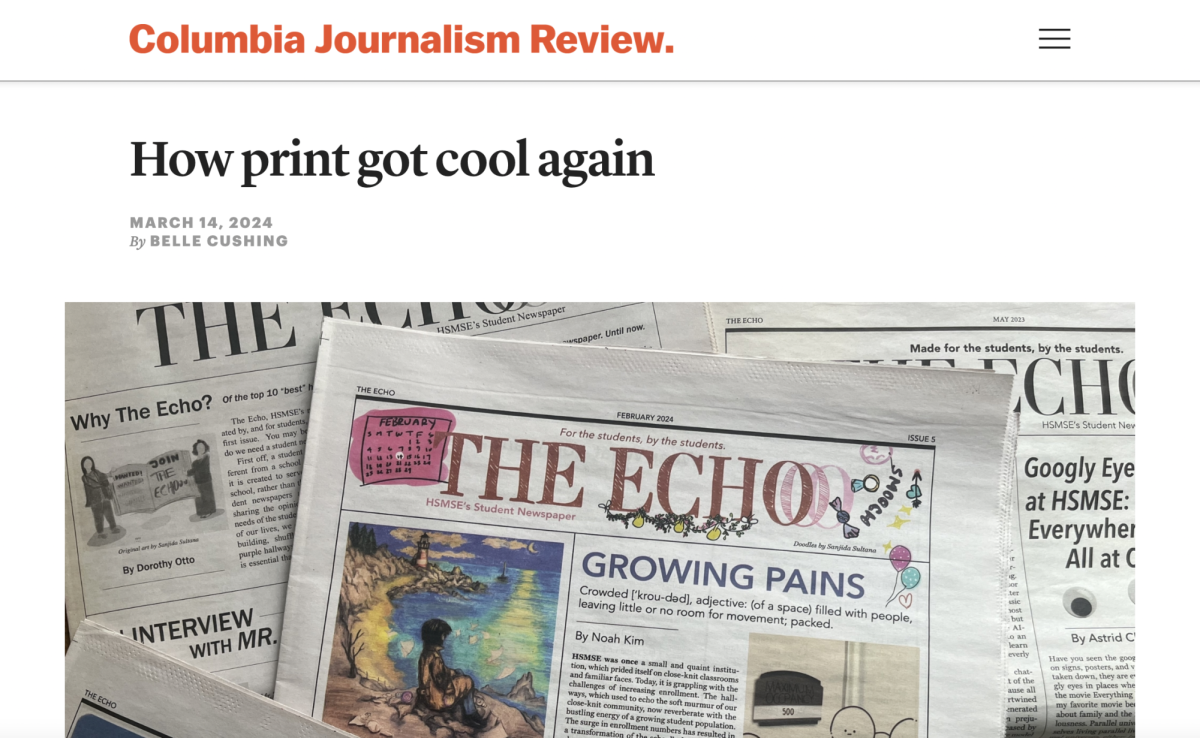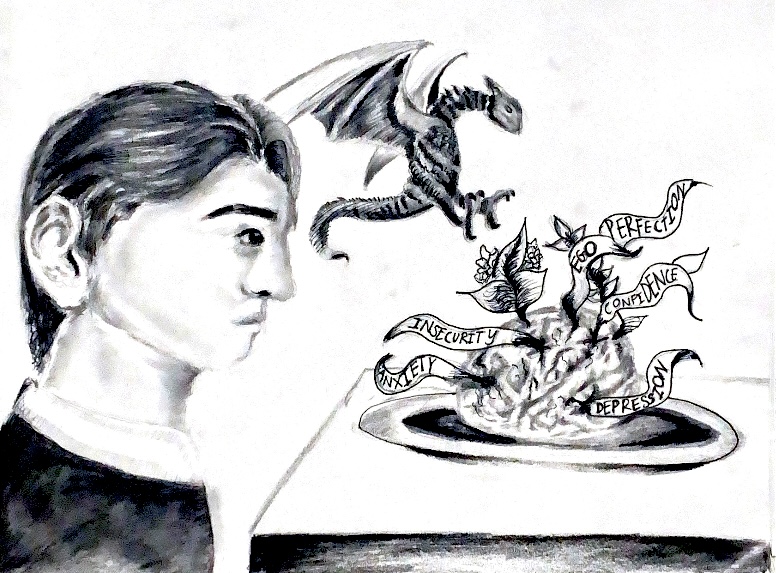Whether you know him as the father of psychoanalysis, the guy Joey plays in the terrible musical in FRIENDS, or that dude who discovered mommy issues, you have heard the name Sigmund Freud. Freud is considered to be the first and most groundbreaking figure in the field of psychology, with theories emphasizing the significance of dreams and chipping away at the mystery of the subconscious. As is the case with most prominent intellectuals, Freud was a very studious pupil, controversial in his day, and justified his smoking by claiming that all addictions are a substitute for masturbation — wait, what? Freud’s radicality has shocked audiences for nearly a century. Did Freud just effortlessly change the topic from the hypnosis of those in a state of hysteria to sexuality in infants? The answer is yes! If some of his theories are perceived as radical now, consider how they were seen in pre-WWII Austria. Freud’s reputation has been a constant rollercoaster over the decades. The validity of his theories on the subconscious, for example, have gained reverence over time. However, his then-innovative experimentation with cocaine as an antidepressant has been frowned upon.
To cover the entirety of his theories, relationships, and major life events, this article alone would be thicker than the AP World textbook. But alas, people that can be holistically summed up in a couple of pages aren’t ones worth reading on. For brevity, I am going to focus solely on his theory of the psyche — the id, the ego, and the superego — as well as its relevance in adolescent life.
Ever wondered where those intrusive thoughts come from? Latin for “it”, the id was Freud’s name for the unconscious sector of the brain responsible for hasty impulses. It knows only primitive instincts and is inherited biologically. The id is impulsive and self-serving. In Freud’s opinion, the id consisted of the inherited concepts of Eros, the driving force of life and pleasure, and Thanatos, the embodiment of death and suffering. Freud also believed that infants are born with only an id. This is misleading, however. An ignorant infant is pacified eventually, so the id must be too, right? Not according to Freud! Trauma and success shape the actions of the experienced, thus taming that wild instinct. But the id is all nature and no nurture. It is impenetrable by even the most teaching traumas and is only receptive to the pleasure principle: if it feels pleasant in the moment, do it. So if the id never lessens, why isn’t the entire human race recklessly running around in bowties and eating phish food ice cream? Instead of changing the id, it is made a smaller fraction of the psyche. What is responsible?
It’s a bird! It’s a plane! It’s SUPEREGO! Don’t gain reverence for the superego. Although a good pun, it’s definitely not your idol, or at least not entirely. The superego is what Freud called the internalization of moral and behavioral instruction by a child’s primary caregiver; fun stuff, am I right? The main purpose of the superego is to battle the id. If the id is the naive baby that you cannot blame for throwing a tantrum, the superego is the parent who chooses not to indulge them. The superego is divided into two parts: the conscience and the ideal self. The conscience is usually expressed through internal “don’t” statements that attempt to uphold your moral standard. You know, it’s that self-deprecating little voice that sounds a weird amount like the guy Wallace Shawn plays in The Princess Bride and shames you for literally everything even though you can’t control it, VIZZINI, so shut up! (…or something like that, I wouldn’t know). The conscience utilizes shame and guilt to get rid of the bowties and phish food. It says that you are too old for these child-like indulgences. Now the idol! The ideal self, also known as the ego ideal, is the most perfect version of yourselves that you strive for. It operates on pride and contentment to lure you into conformity. Perhaps you give your last last piece of gum to a friend and take pride in how great of a person you are. Although the superego correlates to early parenting, it is a misconception that only abusive parents provoke the formation of an overbearing superego. For example, a parent who just got turned down for a promotion might snap at their child to “stop asking so many questions!” Misdirected anger is internalized because children simplify and misinterpret complex emotions. Okay so now you have rid yourself of weirdness, but have absolutely no ice cream cake, puppets, or bowtie collection left — only devastation.
This is where the good ol’ ego steps in, or tries to. You may have heard that someone’s ego is who they are, and this is true to an extent. While it is not the entirety of the conscious, the ego is what a person thinks of themself, and usually tries to project to society. Freud saw it as “that part of the id which has been modified by the direct influence of the external world.” In this way, it serves as a medium between the id and the superego. Like the id and the superego, the ego strives for pleasure. However, where the id is completely oblivious to consequences and the superego renounces all self-rewarding, the ego strives to experience maximum pleasure while avoiding repercussions. This is called the “reality principle”. The issue with this system is that the id and superego are often a lot stronger than the wimpy ego. Since the id is present at birth and the superego is reflective of external criticism, they develop more easily than a person’s ego. When instinct and conscience fail to resolve an issue, the ego launches into secondary thinking. This overrules the id’s desire for immediate satisfaction by considering the real-life effects. This idea of regularity is completely subjective, as is the ego. Since neither the id nor the superego alone sustain a practical lifestyle, the ego is left to find a balance. Too much id, and you land in Zara’s office. Too much superego, and you will lose all of your friends and fall for the only remaining one: AI. The right balance between parts of the psyche is based on upbringing and preset dominating powers. Ego strength, as Freud called it, is the ability that allows the ego to function amidst the constant dueling.
To help you find your balance, I have formulated a quick test to check which is the dominating power of your psyche. It is very implicitly designed so you may be shocked by your results.
Upon seeing a Baskin Robbins you…
- Buy an ice cream birthday cake and eat it in the parking garage (it’s not your birthday…)
- Buy ice cream for an entire JV soccer team (they just lost the championship 🙁 )
- Buy yourself a medium cup and eat it in front of a crying child
- Enter. Scream. Leave.
- Protest because they changed the temperature in the fridge and the ice cream is freezer-burned
You loaned your friend money and they haven’t paid you back in a week. Do you…
- Knock them unconscious, take the money, and slip a laxative into their tea
- Ask them for your life savings’ worth in Ben and Jerry’s Phish Food
- Politely ask for it back while casually solving a Rubik’s Cube to appear intimidating
- Silently resent them for decades until the everything bagel of the universe collapses in on itself and then deny them entrance to your bunker
- Meditate for vengeance to fall upon them
You find a cute dog, do you…
- Steal it
- Spend the rest of your life tracking down its owner and refusing to call it your dog
- Try to find the original owner and then steal their identity
- Claim they are a psychic dog and exploit them in renaissance fairs
- Train the dog to demand the money back from your friend ^^
Find the sum of your answer values. If you get a rational sum between 3 and 15…
- Seek Professional Help
- You have either an enlarged id or superego (try to figure out which!)
If you got zero…
- You have a grasp on reality and a healthy perception of your self worth
If you found a negative sum, 1, 2, 16+, a lateral number, or an irrational number…
- You are the sanest person alive
- But give your brain to science give the human race a better understanding of your superior intellect
In all seriousness, finding the ideal balance of the psyche is very intertwined in adolescence. The transition from childhood to adulthood is, in itself, the lessening influence of the immature id. It is also a time to question the validity of the superego and the extent to which you will satisfy it. There is obviously much discussion on the physical changes associated with puberty, but the most defining change is psychological. Your id is with you from infancy on and as a child, your superego is influenced by your parents and society. Both are independent of conscious choice , so when it comes time, how do you craft an ego on your own terms? A necessary step in achieving a strong and balanced ego is claiming individuality. This involves reframing your views of your parents and community as superiors to equals. Because the ego’s strength determines the balance of the psyche, the developmental period is particularly significant. Through psychoanalysis, or the analysis of the relationships between the conscious and unconscious, the ego can be altered later, but it is more beneficial to address it at an early age.
Since its development, the psyche has been revered, revised, and revoked by various ideologies in the field of psychoanalysis. Regardless of critique, the id, ego, and superego serve as a good basis for understanding human development and behavior. They highlight the influence of early childhood experiences which prevent millions of parents every day in the US alone from actively blaspheming in front of their toddlers (don’t fact-check that…).





